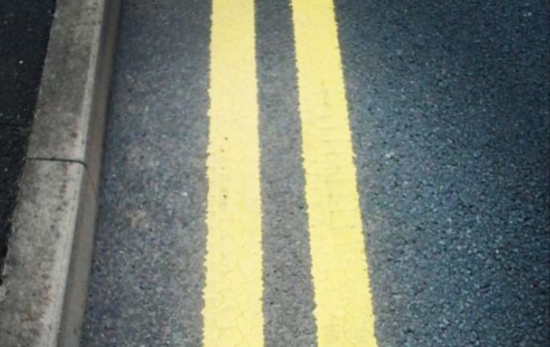One of the key issues highlighted by the Portas Review was a lack of affordable parking. With some town centres charging up to £3 per hour for council-run car parks, it is hardly surprising that consumers have turned to out of town retail parks, where there are usually hundreds of available spaces offered to customers for free.

Now, the government has decided to address this issue in a bid to stem the flow of high street closures and assist small retailers in attracting higher levels of custom. Although potentially harmful policies such as raising car parking charges and restricting the provision of off-street parking spaces have already been scrapped, Communities Secretary Eric Pickles believes that there is still much more to be done.
A series of proposals have been put forward for consultation, the majority of which target a perceived lack of consumer trust in the field of parking enforcement. For example, CCTV will no longer be used to enforce on-street parking and members of the public will be given greater support when challenging wrongly issued fines.
Mr Pickles believes that these reforms, if passed, will pave the way for a fairer system which could hugely benefit both consumers and businesses in the town centre.
He says; “Excessive parking charges and unfair parking fines push up the cost of living and undermine local high streets and shopping parades.
“We want to rein in over-zealous parking enforcement so it focuses on supporting high streets and motorists, not raising money.
“Parking spy cars are just one example of this and a step too far – public confidence is strengthened in CCTV if it is used to tackle crime, not to raise money for council coffers.”
Figures certainly seem to back up the claim that parking in town centres has become significantly more expensive in the past decade or so. Local authority revenue collected from parking in England climbed to £1.3 billion in 2010, a huge leap from the £608 million recorded in 1997.
Meanwhile, parking fines have increased to an average of 9 million per year, largely as a result of an increase in the use of CCTV. Legislation passed in 2004 made it easier for councils to install and operate CCTV cameras to monitor on-street parking – something which has only compounded resentment and driven customers from the high street in their droves.
Transport Secretary Patrick McLoughlin claims that, by reforming parking legislation and cutting costs for consumers, there will be a positive knock-on effect in other areas of motoring.
He says; “Previously, ill thought-out policies have led to an increase in congestion and parking problems on our streets.
“By making sensible changes such as providing more parking for local shoppers we can help ease traffic flow whilst supporting our vibrant high streets.
“Arbitrary parking rules force shoppers online or to out of town stores, causing lasting damage to local firms and small shops.”
Do you think addressing parking issues in town centres will be a key factor in saving the high street, or do wider problems such as business rates and public transport links have to play a part too?
Previous Post
Property Investors turn to Regional Markets
“Government proposes Parking Reforms to assist Ailing High Streets” was in fact a superb article, cannot wait to browse a
lot more of your posts. Time to squander a little time on the internet haha.
Thank you ,Marianne